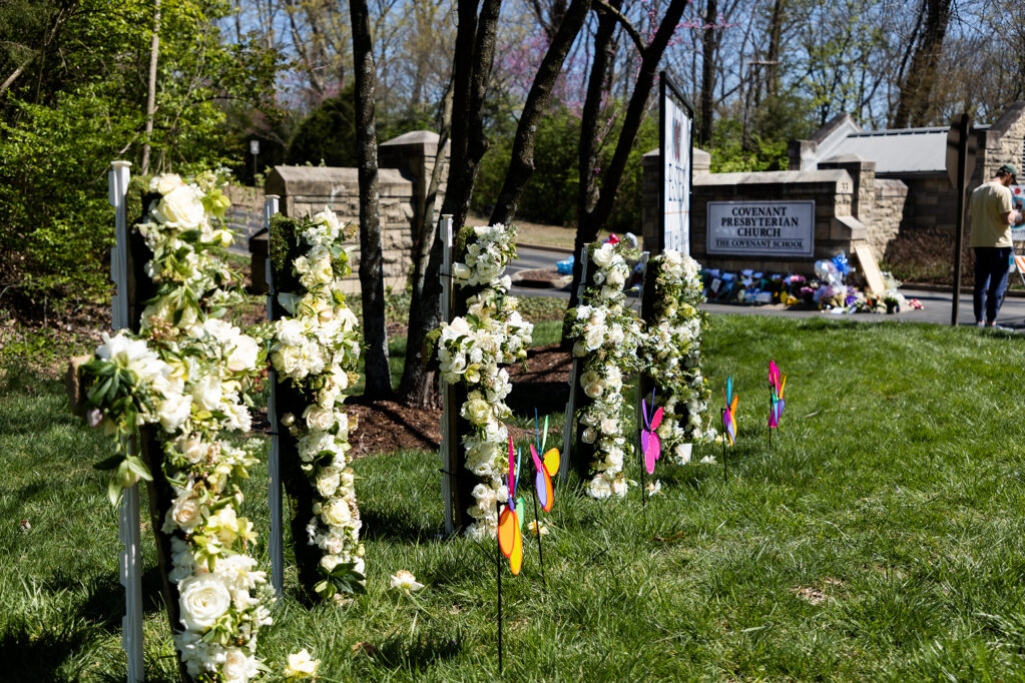A writer spent time with a shepherd on the Texas plains. One night, the shepherd built a fire, and the sheep gathered close. Around midnight, a coyote howled in the distance, followed by another coyote from the opposite direction. The fearful sheep began bleating.
The shepherd tossed logs onto the fire. As flames shot up, the writer looked out and saw 4,000 tiny lights—the fire reflected in the eyes of 2,000 sheep. With enemies all around, the sheep looked only toward the shepherd. Why? They trusted him.
Ezekiel 34 describes wicked shepherds, leaders of Israel who exploited God’s people. They fed themselves, not the flock. They butchered the sheep. They let weak sheep become prey. As a result, God said, “Behold I am against the shepherds… I Myself will search for My sheep and will seek them out” (Ezekiel 34:10-11).
God’s sheep need shepherds they can trust. I want to suggest four “trust” questions every pastor should ask.
Can my intentions be trusted? God intends to search for His flock, feed them and care for them. The word that best expresses the Lord’s intention toward His flock is rescue. God says, “I will rescue them from all places where they have been scattered” (Ezekiel 34:12). Rescuing means snatching the sheep away from harm. God never leaves His sheep to danger.
As shepherds with trustworthy intentions, pastors will not abandon the sheep to which God has called us. We will preach the Word of God, even when it harms our popularity or offends people of influence. We will sacrifice our preferences and comfort for the sake of the flock.
Can my ability be trusted? God repeats a phrase over and over in Ezekiel 34: “I will …” Each repetition underscores God’s ability to accomplish His purposes. Faithful shepherds should develop and strengthen our abilities to do what we are called to do. Most significantly, we should depend on God to empower our abilities.
When I began my first pastorate, the work seemed impossible. As I tried to preach, lead and care for people, I prayed so many times: “Lord, I can’t do this. I need your help.” God answered and graciously used me. Today, I have ministered to people in nearly every scenario imaginable. Along with every other pastor, I face the danger of thinking: “I’ve got this. I can do it myself.” Training and experience can enhance our skill, but leading with trustworthy ability means constantly relying on Jesus’ power.
Can my judgment be trusted? God promises, “I will feed them in justice” (Ezekiel 34:16). His leadership will flow from wisdom and righteousness. Pastors with trustworthy judgment make choices that follow God’s best purposes. Our congregations want to trust us. We must work not to lose their trust. By seeking the Lord’s direction through scripture and prayer, a shepherd honors the Lord and blesses the church with wise decisions.
Can my character be trusted? One of my mentors entered ministry after years in the telephone industry. He told me, “I’ve seen employees lose thousands of dollars for the phone company because of bad decisions and keep their jobs. I’ve also seen people get fired for stealing quarters out of a pay phone.” The lesson is clear—errors of skill and judgment can be overcome. Errors of character destroy.
The problem with the false shepherds in Ezekiel 34 was moral and spiritual. Their hearts were corrupt. Psalm 78:72 says of David: “With upright heart he shepherded them and guided them with his skillful hand.” David’s skill as a shepherd was important, but his heart was essential. A tragedy in ministry is when we elevate ability over integrity.
To guard our character, pastors should ask questions like: Do I consistently tell the truth? Do I seek forgiveness when I mess up? Do I guard my relationships to avoid temptation and reproach? Am I completely above-board in my finances? Am I the same person with my family, by myself and before God that I portray myself to be in public?
Questions like these are a good starting place for shepherds who desire to protect the purity of their heart.
(EDITOR’S NOTE – Stephen Rummage is senior pastor of Quail Springs Baptist Church in Oklahoma City, Okla.)


